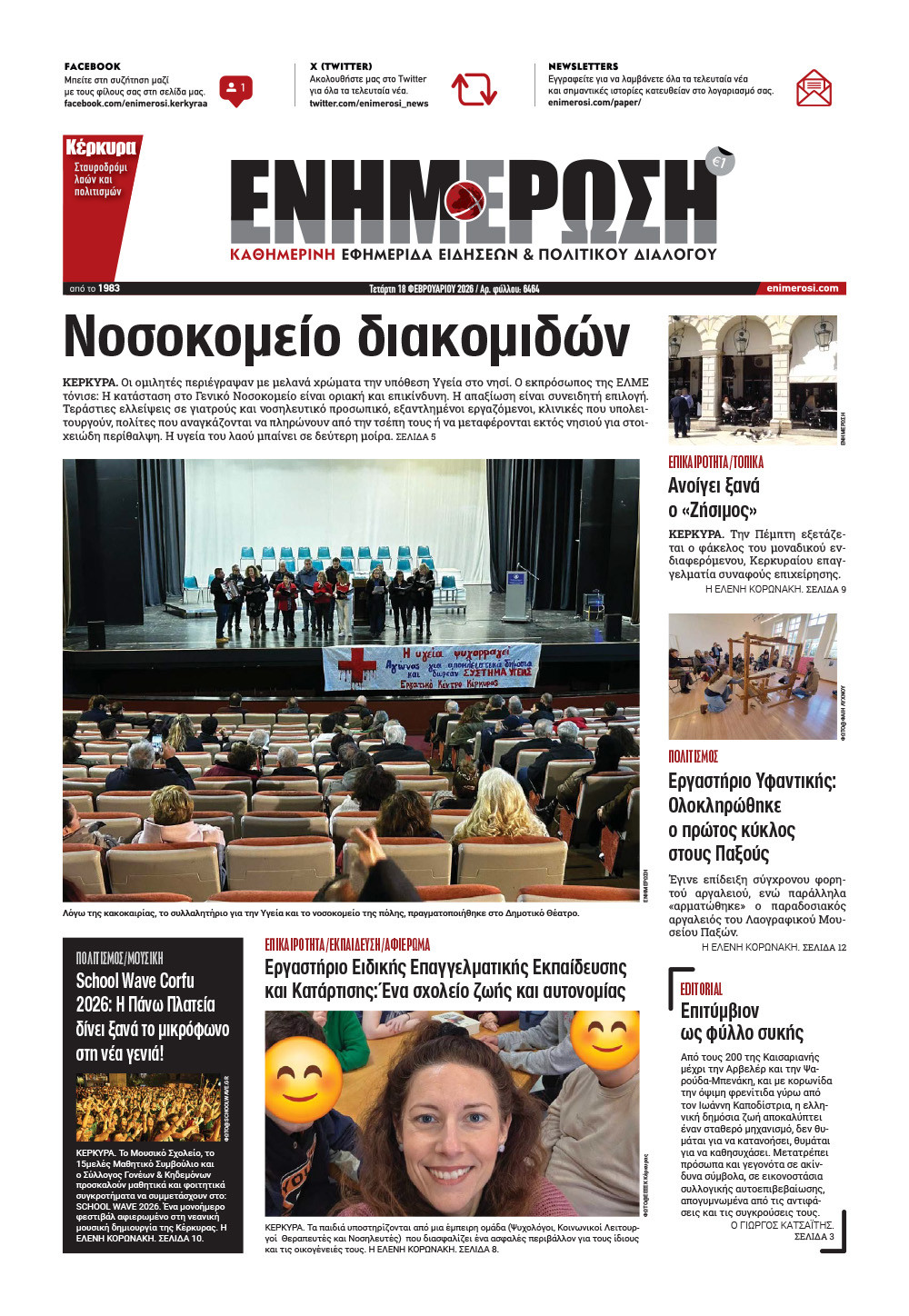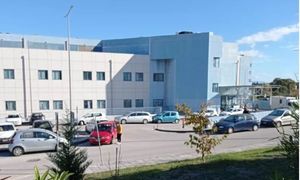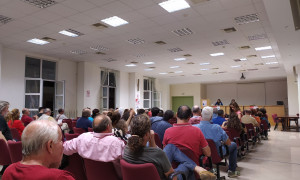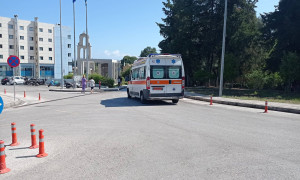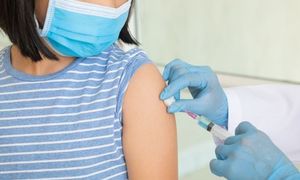Number of Corfu Covid infections rising again
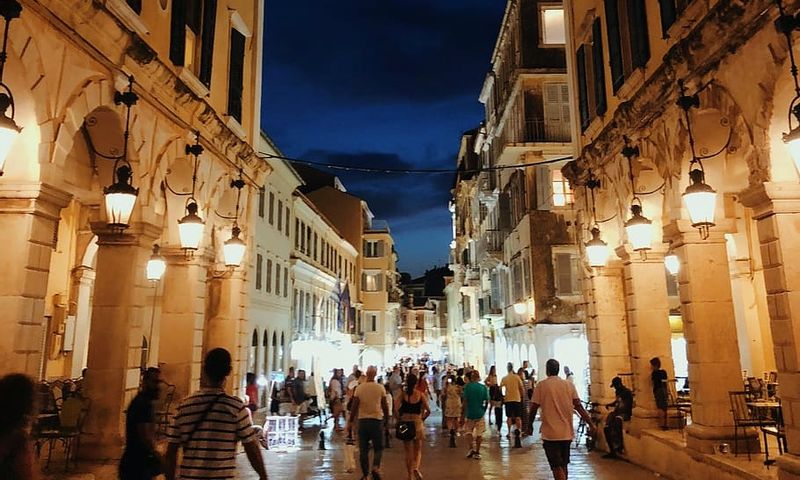
COVID-19
20 Ιουνίου 2022
/ 11:54
CORFU. For the moment, there hasn΄t been a corresponding increase in hospitalisations.
There has been a spike in the number of Covid infections, without, however, there being a corresponding increase in the number of hospitalisations at Corfu Hospital. Despite the fact that the island has reached a high level of immunity due to vaccinations and people being infected, the immunity has weakened over the months resulting in less protection against the new Omicron variants.
"There has been an increase in the number of infections across Europe, in Greece and Corfu, where, following the low numbers in May there has been a spike in June," epidemiologist Yiannis Alamanos told Enimerosi. "We cannot predict accurately how the pandemic will develop in the summer as we don't know when there will be spikes. Although a new wave is expected in the autumn, we cannot be sure that this will not come in the summer."
Hospitalisations
He made it clear, however, that despite the increase in infections, there are no indications that this will be a matter of great concern for the hospital.
According to hospital sources, there has been a limited number of hospitalisations in the Covid Unit and no significant increase in admissions. Nevertheless, whereas there was only one patient in the Covid Unit on Friday, there were another five admissions over the weekend, without, however, any of them being particularly serious cases. Whether or not these admissions were related to the increases in infections remains to be seen.
666 new infections in a week
In the week 14-19 June there were 666 infections in Corfu, according to the daily EODY reports, compared to the limited numbers seen in the previous month.
Reasons for spike
Yiannis Alamanos discussed the reasons for the spike in the number of infections in Corfu - which according to Thessaloniki University Professor Dimosthenes Sariyiannis is one of the eight Greek tourist destinations which have seen an increase in the spread of Covid, and listed the following factors: the significant relaxation of measures, greater movement due to tourism and a weakening of people's immunity due to the passing of time.
"One reason is probably the relaxation of measures taken - not only the legal measures, but also people's behaviour in public transport and health facilities, for example, where they aren't wearing masks," he said. "People belonging to high-risk groups should also wear masks in indoor spaces, especially where there are a lot of people, even if it isn't mandatory.
"There is also increased movement, both from tourists and the local population and this also leads to greater transmission of the infection. The high level of immunity due to vaccinations and recovering from infection also helped limit the spread of the pandemic but a lot of time has now passed and the immunity has weakened, resulting in less protection against the new Omicron variants."
"There has been an increase in the number of infections across Europe, in Greece and Corfu, where, following the low numbers in May there has been a spike in June," epidemiologist Yiannis Alamanos told Enimerosi. "We cannot predict accurately how the pandemic will develop in the summer as we don't know when there will be spikes. Although a new wave is expected in the autumn, we cannot be sure that this will not come in the summer."
Hospitalisations
He made it clear, however, that despite the increase in infections, there are no indications that this will be a matter of great concern for the hospital.
According to hospital sources, there has been a limited number of hospitalisations in the Covid Unit and no significant increase in admissions. Nevertheless, whereas there was only one patient in the Covid Unit on Friday, there were another five admissions over the weekend, without, however, any of them being particularly serious cases. Whether or not these admissions were related to the increases in infections remains to be seen.
666 new infections in a week
In the week 14-19 June there were 666 infections in Corfu, according to the daily EODY reports, compared to the limited numbers seen in the previous month.
Reasons for spike
Yiannis Alamanos discussed the reasons for the spike in the number of infections in Corfu - which according to Thessaloniki University Professor Dimosthenes Sariyiannis is one of the eight Greek tourist destinations which have seen an increase in the spread of Covid, and listed the following factors: the significant relaxation of measures, greater movement due to tourism and a weakening of people's immunity due to the passing of time.
"One reason is probably the relaxation of measures taken - not only the legal measures, but also people's behaviour in public transport and health facilities, for example, where they aren't wearing masks," he said. "People belonging to high-risk groups should also wear masks in indoor spaces, especially where there are a lot of people, even if it isn't mandatory.
"There is also increased movement, both from tourists and the local population and this also leads to greater transmission of the infection. The high level of immunity due to vaccinations and recovering from infection also helped limit the spread of the pandemic but a lot of time has now passed and the immunity has weakened, resulting in less protection against the new Omicron variants."



